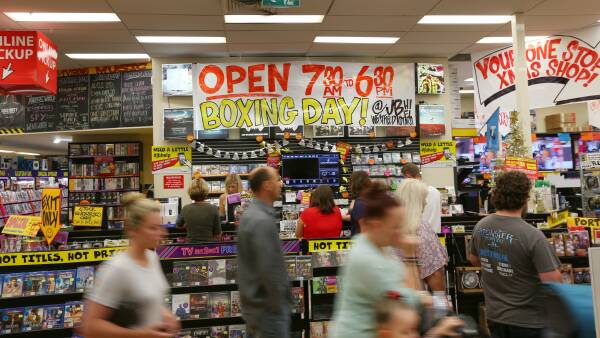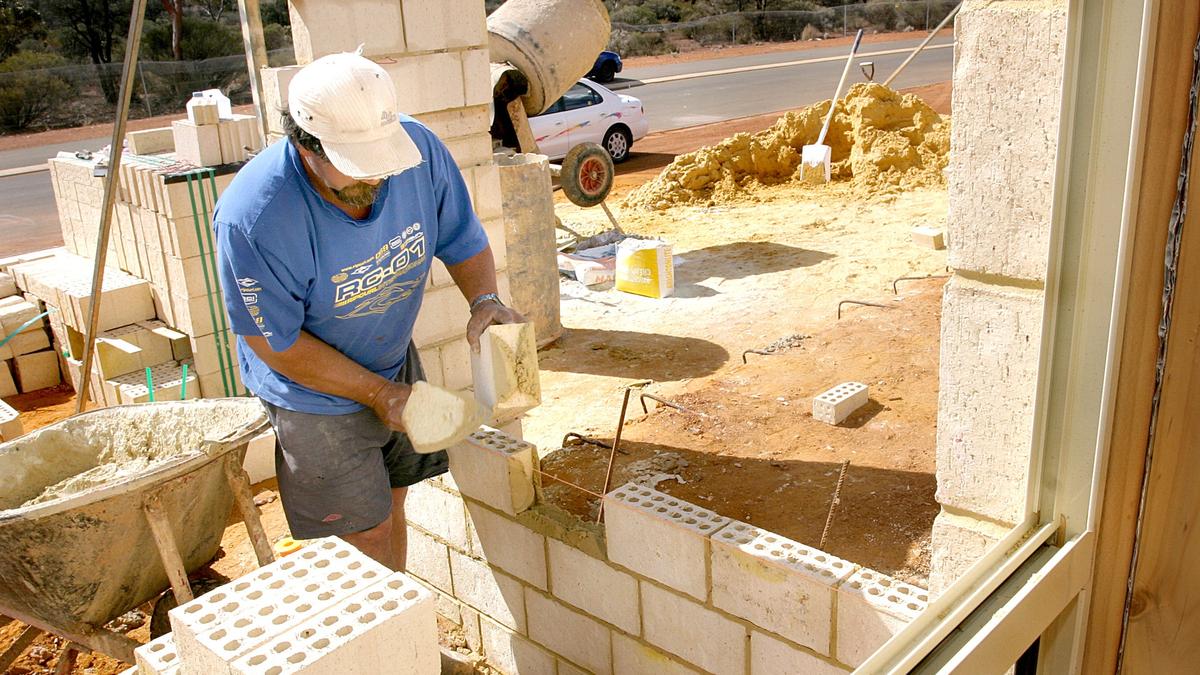
UPDATE: Retail stores are facing an urgent crisis as online shopping continues to dominate consumer preferences. A recent personal account highlights the growing frustration among customers as they navigate the online and in-store shopping experience.
In a striking example from Newcastle, an aging disabled woman shared her experience at a large department store where she was informed that the swimwear she sought was unavailable, despite being listed online. The store assistant’s blunt suggestion to order online instead underscores a troubling trend: brick-and-mortar retailers are struggling to compete with the convenience and perceived cost savings of e-commerce.
Just weeks ago, she ventured out to purchase the same swimwear she had bought the previous summer, only to leave empty-handed. After ordering online, she was disappointed to receive a full refund, as the items were no longer available. “If it’s not for sale, don’t put it in the window,” she stated, reflecting the growing discontent among shoppers.
This scenario highlights a critical challenge for retailers: the need to provide not just products but also superior customer service. With the trend towards online shopping accelerating, businesses must find innovative ways to engage customers in-store.
Moreover, this issue is compounded by the broader context of transport infrastructure in the Hunter Region. The Australian Government has been urged to extend light rail services to improve access to shopping areas. Advocates are pushing for connections from Wickham to Callaghan, with stops at the John Hunter Hospital and other key locations to enhance mobility and encourage retail patronage.
As these developments unfold, it is crucial for both local and federal representatives to address transportation needs and facilitate customer access to brick-and-mortar stores. The sentiment among community members is clear: “The transport system is in disarray, and it needs urgent improvement.”
In addition to retail challenges, the political landscape is also heating up. Recent comments from Steve Barnett have sparked debate over Australia’s carbon emissions policy, questioning the effectiveness of the Labor Party’s 2050 emissions target. Critics are demanding more transparency regarding the impact of various factors on climate change, including population growth and environmental degradation.
As the Albanese Government continues to navigate these complex issues, the community is calling for clear communication and actionable solutions. Citizens are eager for information that empowers them to understand the implications of these policies and their potential effects on the environment.
In summary, the intersection of retail struggles and transportation needs in Newcastle exemplifies the urgent challenges facing consumers and businesses alike. As online shopping becomes increasingly dominant, retailers must adapt or risk losing their customer base. Meanwhile, infrastructure improvements are essential to enhance accessibility and stimulate local economies.
Stay tuned for further updates as these critical issues develop. The situation is changing rapidly, and community involvement is key to driving positive change in both retail and transportation sectors.






